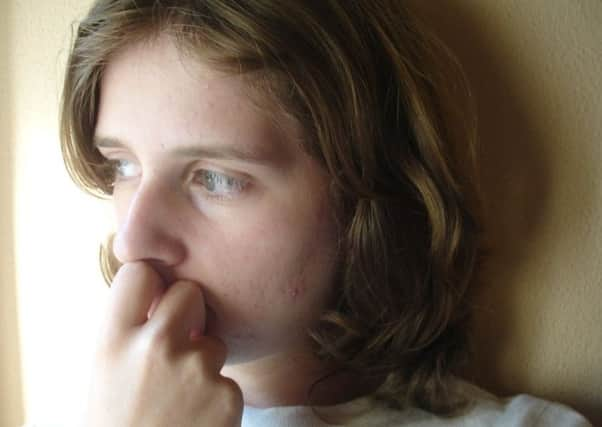Provision for mental health ‘not resolved, just displaced’


The latest figures for mental health inpatient care released by ISD Scotland yesterday revealed that admissions fell by 32 per cent in Lothian in the last decade, to just 3071 in 2014-15.
On March 31, 2014, there were 484 people resident in Lothian psychiatric hospitals, a decline of almost a third since 1997-98.
Advertisement
Hide AdAdvertisement
Hide AdThe figures were broadly reflected across Scotland where the Scottish Government claimed the trend reflects the shift towards treating mental health patients in a community setting, rather than admitting them to hospital.
Campaigners have railed against the findings however, claiming that the decline in inpatient treatment was adding to pressure on stretched social care resources, where patients are facing longer waits for talking therapy.
Billy Watson, chief executive at Scottish Association for Mental Health (SAMH) said: “SAMH is encouraged to see the continuing move from care and treatment in hospital towards community-based support.
“However, moving people out of hospital and into the community is only a viable option if the care provision is available to meet the needs of so many people, which, in our experience, is not always the case.”
Scottish Liberal Democrat health spokesperson Jim Hume MSP said it was “shameful” for the government to claim that progress had been made when they had simply shifted the problem onto the shoulders of community organisations.
He said: “It’s hard to take heart from the fall in admissions to mental health hospitals when we know more people are waiting longer for access to psychological therapies. It’s shameful for the Scottish Government to claim progress for an issue that deals with people’s mental wellbeing which has not been resolved but just displaced.”
Nursing leaders echoed calls for greater investment in community services and called for support to reduce health inequalities, as the statistics revealed that the rate of discharge in the most deprived fifth of the Scottish population was more than three times that of the wealthiest 20 per cent.
Through spending of around £900 million, the Scottish Government has worked to increase access to psychological therapies and to improve prescription of anti-depressants, said Jamie Hepburn, Minister for Sport, Health Improvement and Mental Health.
Advertisement
Hide AdAdvertisement
Hide AdHe said: “I am pleased to see this continuing decline in hospitalisations for mental illness, with a 17 per cent fall under this government. There are cases where a hospital admission is the best option for the patient. However, for many people the most effective treatments can be delivered in community settings, while they are living at home.”